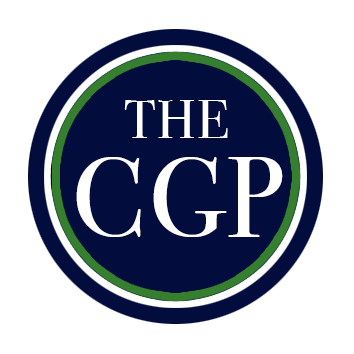Welcome to The Counselling Group Practice
WE ARE A GROUP OF INDEPENDENT, QUALIFIED COUNSELLORS
The Counselling Group Practice (The CGP) offers a choice of counsellor, each with an individual way of working and areas of specialist interests, working within the Integrative Counselling approach. Our common goal is to provide a safe, supportive and confidential space in order to help you address any difficulties that you may be facing.
We are all Registered Members of the British Association of Counselling and Psychotherapy (MBACP) and work within the BACP Ethical Framework.
We work across London and Hertfordshire and also online and by telephone.
Throughout the years that we have known each other as counsellors, we have established strong connections and bonds. We value the relationships that we have formed with each other and this is reflected in the relational ethos that underpins our client-work.
FAQs - Frequently Asked Questions
WHAT IS COUNSELLING?
Counselling is a talking therapy. Your counsellor will listen to you and support you without judgement. You will work together at your pace to address what it is that brings you to counselling. Counselling can help you to clarify issues, make sense of complicated feelings and identify patterns of behaviour. It can result in increased self-awareness and assist you in developing strategies which can lead to change.
HOW CAN COUNSELLING HELP?
Counselling can help with a broad range of issues including:
Abuse
Anger
Anxiety
Bereavement
Depression
Discrimination
Health issues
Identity
Life changes
Loss
Low mood
Relationships
Self-esteem
Stress
Trauma
Work-related issues
Please check each counsellor's individual page and if you would like to discuss something that is not listed, you can discuss it with your chosen counsellor to find out how they can help you.
HOW LONG DOES COUNSELLING LAST?
Each session lasts 50 minutes and usually takes place at the same time each week. The duration of counselling can be short-term (6-12 sessions) or open-ended. Short-term counselling can often have a more specific focus than open-ended counselling. Open-ended counselling gives space for a more exploratory approach.
COUNSELLING, PSYCHOTHERAPY OR THERAPY, WHAT DO I CHOOSE?
There are currently no legal restrictions surrounding the titles of counsellor, psychotherapist or therapist. The CGP strongly recommends that you choose someone who is trained, qualified and a member of a professional organisation. All of our counsellors are trained and Registered Members of the British Association of Counselling and Psychotherapy (MBACP).
WHAT QUALIFICATIONS DO MEMBERS OF THE COUNSELLING GROUP PRACTICE HOLD?
All our counsellors hold a Professional Diploma in Therapeutic Counselling, accredited by the British Association of Counselling and Psychotherapy (BACP). This ensures a high level of training and competency. We all also have additional areas of specialist interests, underpinned by high quality training which is provided by registered training providers. We are all individual members of the BACP, which is one of the UK’s leading professional bodies for counselling professionals. Membership requires a continued commitment to professional development and demonstration of high ethical standards and professional practice.
CAN I MOVE BETWEEN ONLINE COUNSELLING AND IN-PERSON COUNSELLING?
Yes, this is a possibility which can be discussed with your counsellor.
HOW DO I PAY?
Preferred payment is by bank transfer or PayPal. Other options can be discussed with your counsellor.
WHAT ELSE CAN COUNSELLING HELP WITH?
ADHD, addictions, AIDS/HIV, alcoholism, Asperger syndrome, autism, bipolar disorder, borderline personality disorder, bullying, cancer, childhood sexual abuse, Chronic Fatigue Syndrome/ME, creative blocks, cultural issues, disability, domestic violence and abuse, eating disorders, emotional abuse, LGBTIQ+, men’s issues, money issues, obsessive and compulsive behaviours, older age issues, panic attacks, pre and post-natal anxiety and depression, personal development, phobias, physical abuse, post-traumatic stress, redundancy, separation, sexual abuse, gender identity, sexuality, spirituality, transitions, women’s issues.
Please note, this list is neither exclusive nor exhaustive.

